Right now you may think about washing clothes by hand or labor-intensive chores as something you don’t need to be concerned about unless tragedy strikes.
When you follow this thinking, it is all too easy to wind up with blisters, sores, injuries, and other damage to your hands that can make it much harder to get through an emergency. Fortunately, many problems can be avoided if you wear the right kind of gloves for the task you are carrying out.
Here are the main glove types that you should keep in your stockpile, as well as know-how to use when carrying out a range of tasks. The more you practice with these glove types, the less chance there will be of you taking them off or failing to use them altogether when you need them during a crisis.
Disposable Gloves
Even though these gloves can let liquids in through the wrist, and aren’t very sturdy, they are good for temporarily shielding your hands from germs, spills, and other noxious materials.
- Keep sterile vinyl or latex gloves onhand for managing wounds and other medical needs. Depending on how much your hands sweat, you may want to keep powdered gloves onhand instead for the sake of comfort. Just bear in mind, however, the powder itself will not last very long, and eventually, you will wind up with sweaty gloves that most likely need to be changed.
- Keep semi-disposable rubber gloves onhand for washing and other basic situations where you want to keep your hands dry or avoid contact with messy items. Depending on the type of usage, you may be able to wash these gloves and reuse them several times.
I recommend keeping semi-disposable gloves in groups of 4 pairs. This makes it much easier to switch them out mid-task, and also gives you a chance to let one or two pair dry out after washing while you use the other two. When washing the gloves, do not forget to turn them inside out to dry so that the inner lining does not wind up staying wet or damp.
Elbow Length Waterproof and Chemical Proof Gloves
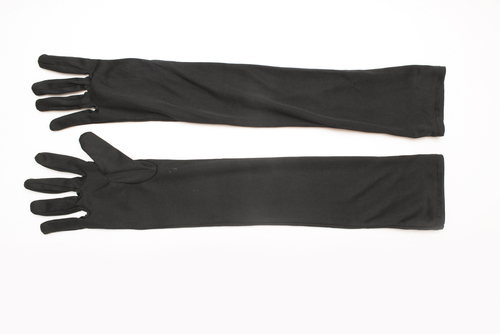
From making soap to doing laundry by hand, you will find reusable elbow-length waterproof and chemical proofs indispensable. Sadly, many people think they can get away with wrist or mid-forearm length gloves, only to find out that shirt or sweater sleeves don’t provide as much protection as these gloves. I recommend keeping one pair around the house, one in your car, and one in each bug out bag and stockpile area. You simply never know when you will need these gloves!
Padded Work Gloves
There are few things that can create injuries faster than moving brush, or sifting through piles of stuff that may have nails, broken glass, or other sharp objects that aren’t easy to see. Padded work gloves may not be very comfortable, but they will protect your hands from a number of serious injuries. As an added bonus, padded work gloves can also be worn in cold weather and can easily be kept in your car, and any other place where you may need a pair of sturdy gloves.
Shock Proof or Shock Resistant Gloves
Many people don’t realize how important shockproof gloves are because they think they would never be foolish enough to touch a live wire. There are many situations, including outside of a major emergency where you might encounter a live wire:
Consider a situation where you are breaking through walls in your home to build stockpile caches or for general repairs. Depending on the age of your home, and the quality of electrical infrastructure over time, there is every chance that live wires will be all over the place. Shutting the circuit breaker to a specific area of the house may not work because wiring may have been diverted for one reason or another. To add insult to injury, even if you use a live wire finder, it doesn’t guarantee that you will find all of them, let alone in the exact area.
Even though live wires inside walls are usually heavily insulated, they can still be damaged if you are using an ax or something else that will damage the covering. Remember, once electricity finds a path of least resistance to your body, there is no going back. The electricity will literally prevent you from moving your hand, and will also flow through anyone that tries to rescue you by pulling you away from the current.
Fireproof Gloves
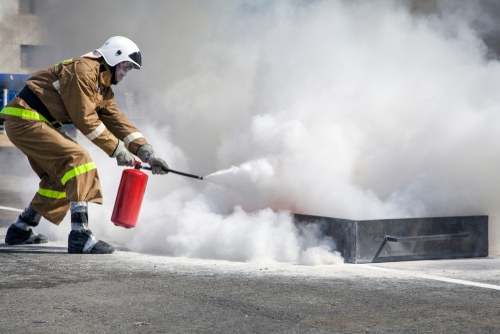
At first glance, you might think that a pair of kitchen mittens will do for most situations. Unfortunately, if you have to drive through a wildfire, or in other situations where your hands are likely to get burned, these mittens won’t be enough, nor will they give you enough freedom of motion in each finger.
It is very important to realize, however, that fireproof gloves will only protect your hands. Sparks and flames can still easily reach the rest of your clothes and body. Therefore, along with fireproof gloves, it does not hurt to have a complete fireproof suit available, especially if you know or suspect you will be in a situation where you will have to get through a wall of fire or some other dangerous fire situation.
Cut and Puncture Resistant Gloves
Some people don’t realize that cut resistance and puncture resistance are not the same thing. A pair of gloves that are cut resistant will protect your hands from slashing cuts such as from a knife, glass, or other sharp items that slice or slide across a surface. These very same gloves, however, may easily be pierced by a needle, or any other pointy object. As long as there is enough force behind the point, it can get through gloves that are not puncture resistant.
Today, there are many gloves on the market that are either puncture or cut resistant. There are also different ratings of resistance to each kind of breach. Try to choose gloves that are both puncture and cut resistant, and look for the highest protection rating that you can find. This is one pair of gloves that spending a bit of extra money on will be worthwhile.
As durable as these gloves are, you should not use them in situations where wearing gloves can do more harm than good. For example, when you are operating power tools such as jigsaws, drill presses, and circular saws, the gloves can easily get caught up in the blade or other moving parts. From there, your hand will easily get drawn into the cutting area.
Rather than try to use gloves, practice good safety habits when operating power tools. This includes making sure that your hands and other body parts cannot be drawn into an area where injuries can occur. No matter whether you are working with wood, metal, plastic, or some other material, proper support and material attachment to the support structures will go a long way to preventing injury, as well ensuring all power cords are routed safely away from the active processing area.
Thermal Gloves
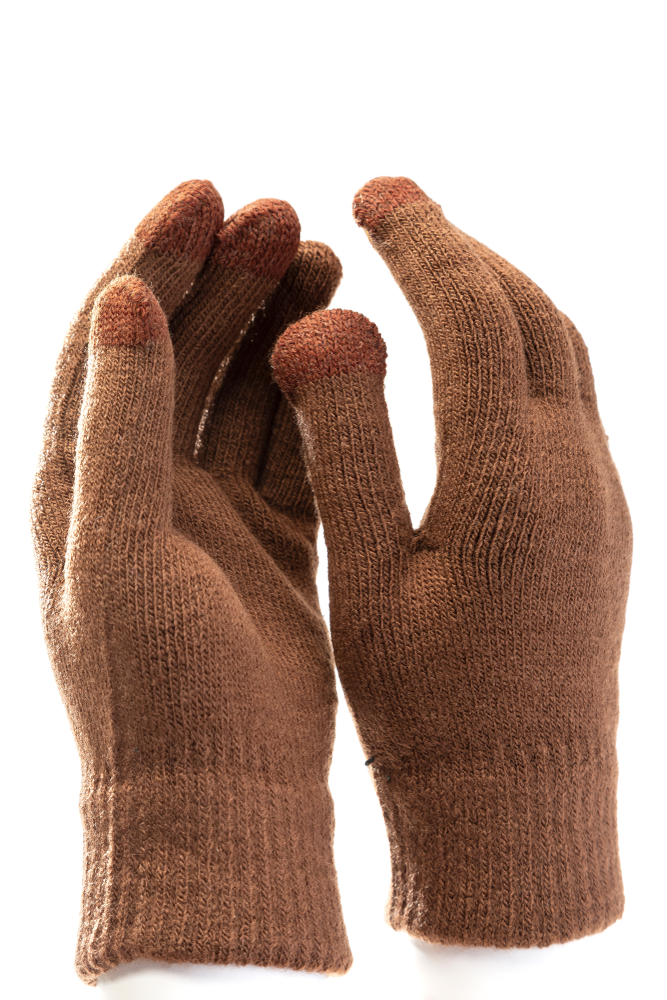
Even though padded work gloves can double as thermal gloves, there are going to be times when thinner, lightweight thermal gloves will be more useful. For example, if you need to operate a computer keyboard or some other intricate device in a setting where frostbite is likely, thermal gloves will allow you the widest range of finger and hand motion while minimizing the impact of heavy or bulky gloves.
When choosing these gloves, look for lightweight models that provide as much warmth as possible without creating excess moisture buildup within the glove. As you may be aware, even a disposable rubber glove can insulate your hands, however, it will also build up moisture which can cause frostbite and other problems to happen faster.
Anti-Static Gloves
Basically, these gloves dissipate static electricity so that it does not damage sensitive electronic equipment. Depending on the situation, you may not need these gloves for years on end, if ever. That being said, the moment you don’t want to take a chance with damaging the internal parts of a cell phone with static electricity or some other device, you will most certainly wish you had these gloves available.
When choosing anti-static gloves, look for a lightweight glove that will still allow plenty of finger agility. Remember, you may have to remove parts from small circuit boards, solder items, and do many other intricate tasks wearing these gloves.
Once you get the gloves, do not forget to practice using them. Aside from getting used to the feel of these gloves, now is the perfect time to develop your skills with repairing electrical devices. Since most devices have at least one or two circuit boards in them, you should be able to find plenty of cheap devices to practice on at flea markets and other places.
Even though some of the glove types on this list are a bit expensive, they can save your hands in a time of need. Once you wind up with an infection or some other damage to your hands during a crisis situation, it may not be so easy to get medical attention, let alone wait for your hands to heal. It is better to have a wide variety of gloves on hand so that you can address any situation that comes up without an increased risk of damaging your hands.

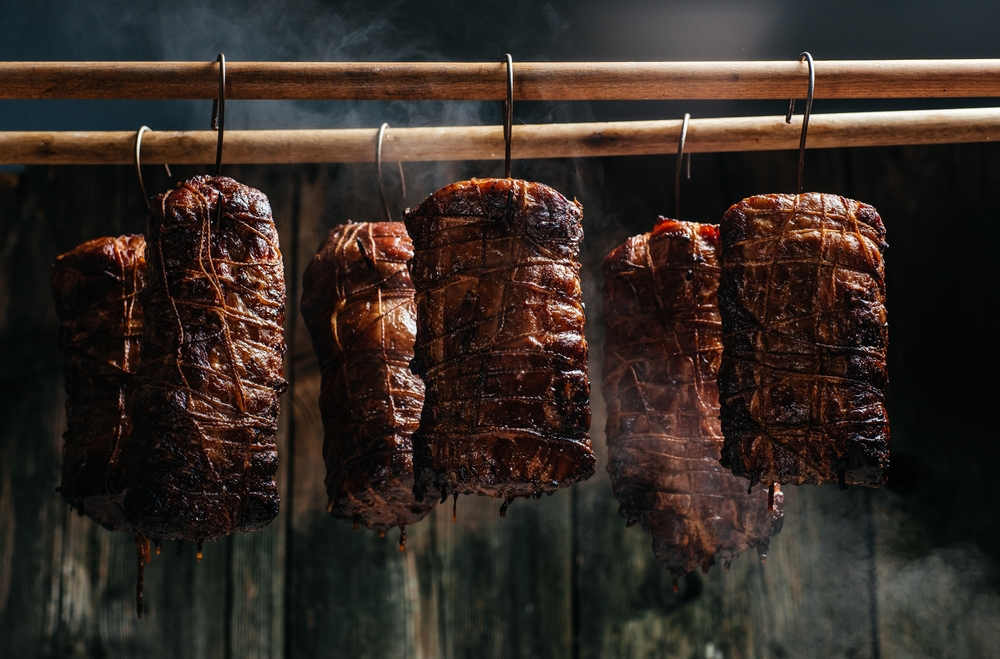

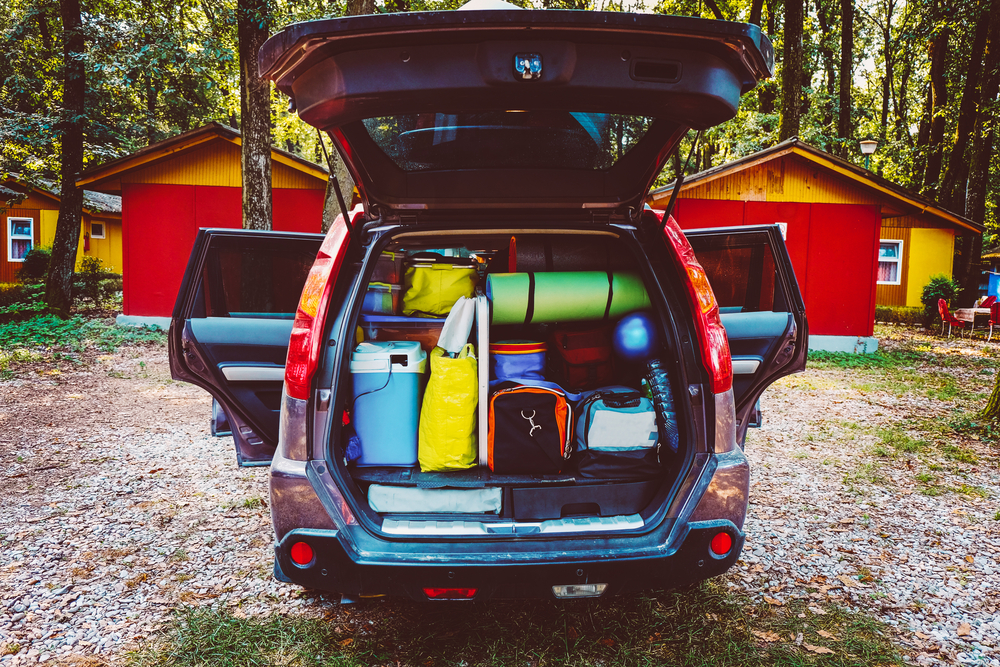


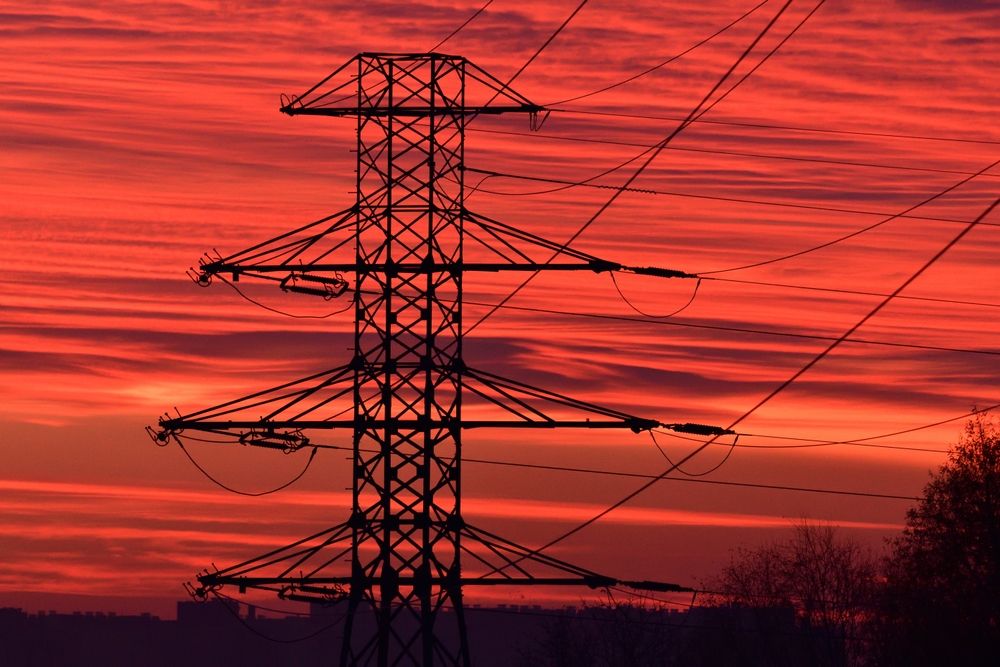


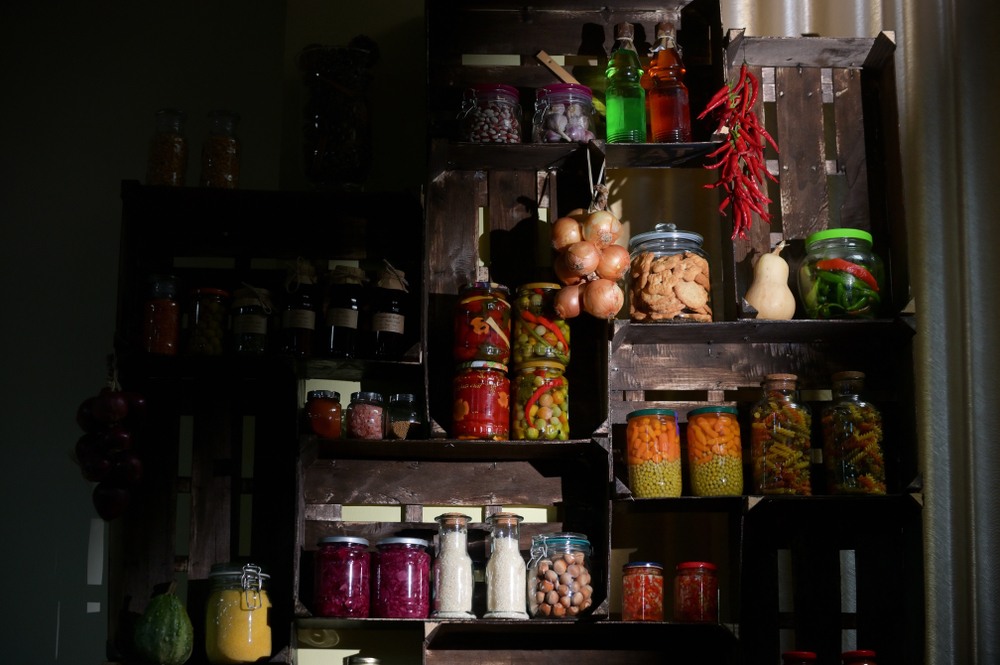









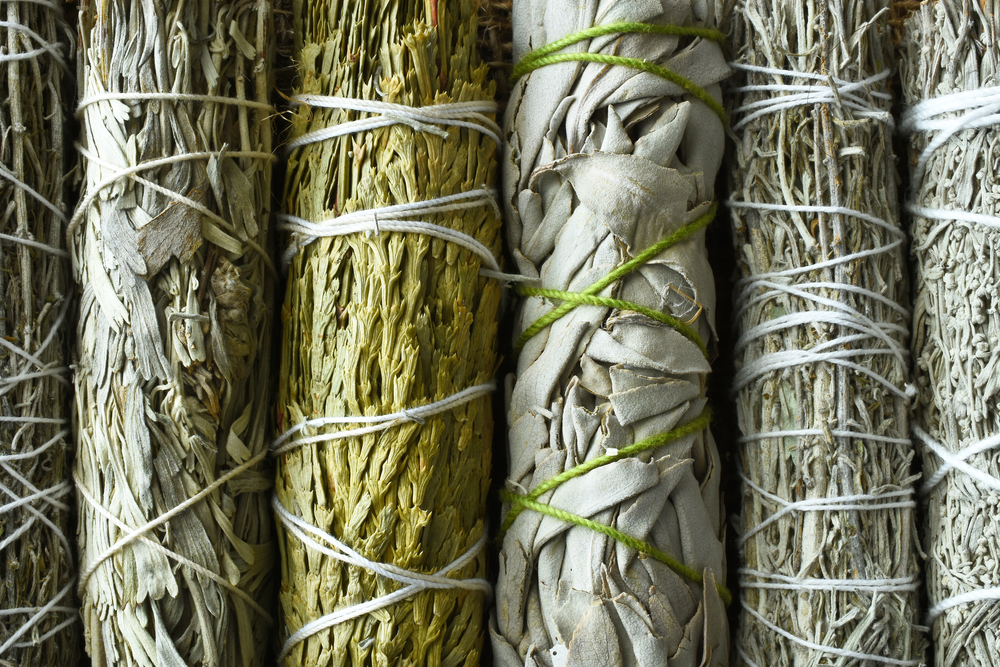
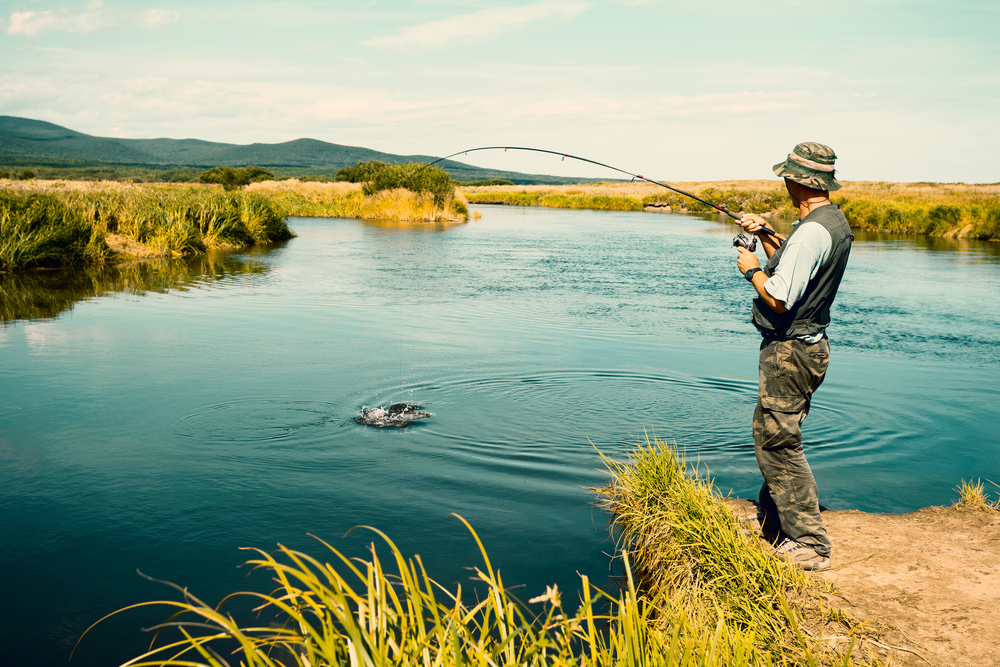

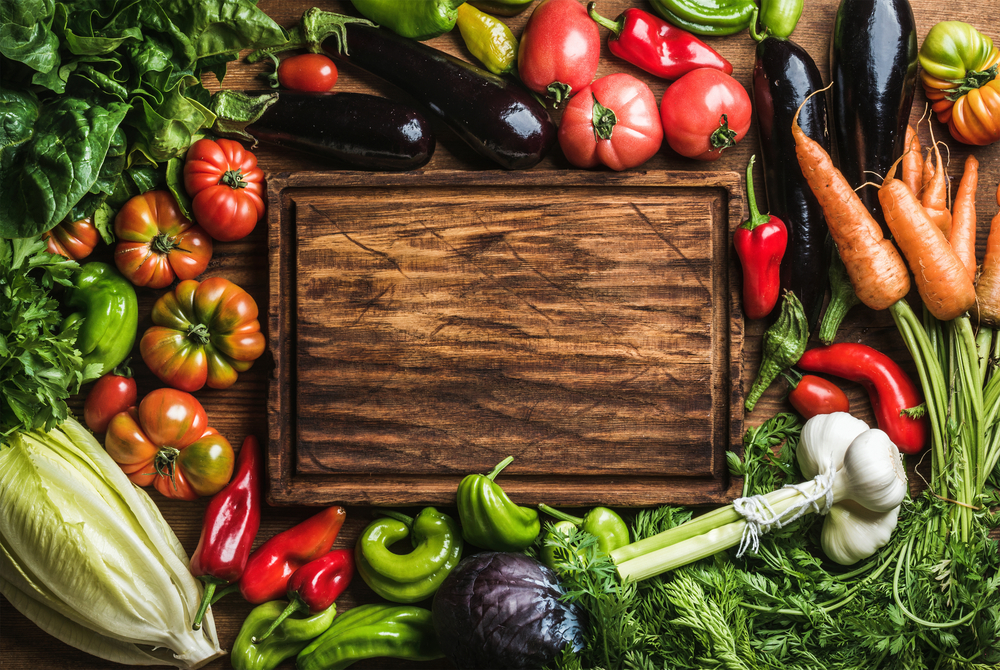
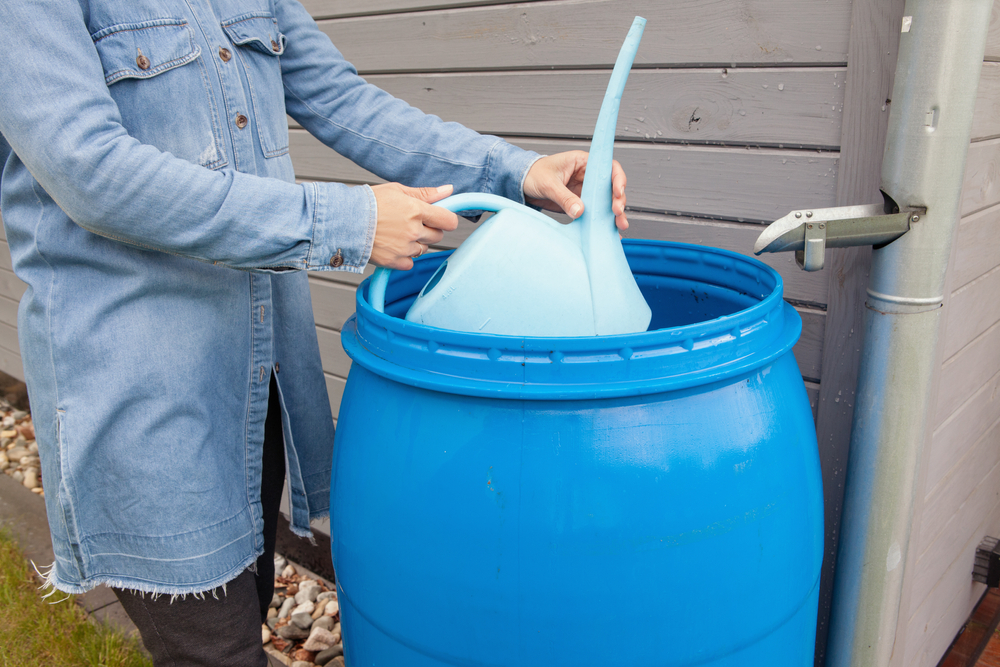
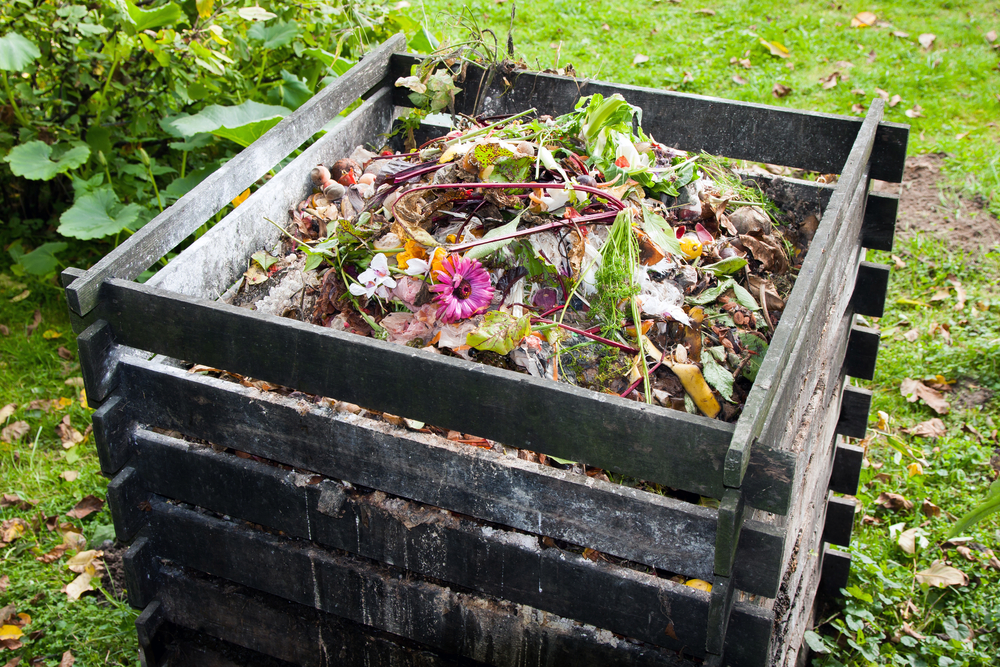
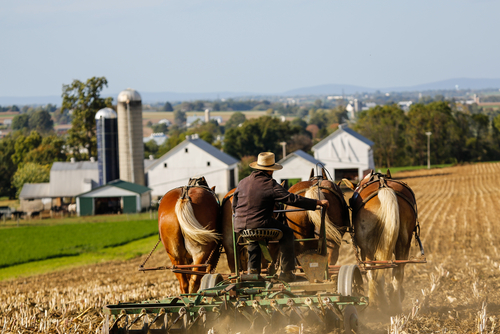
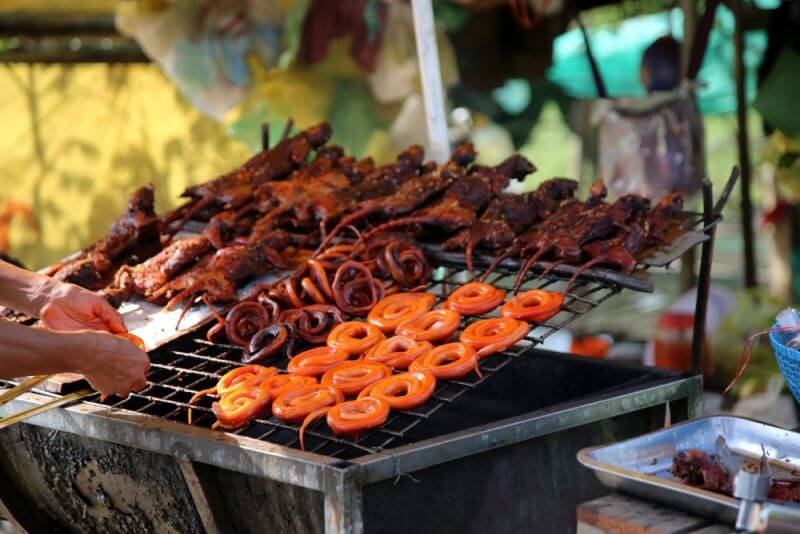

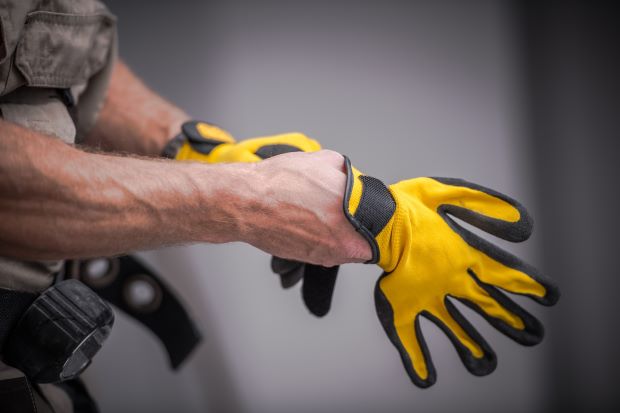



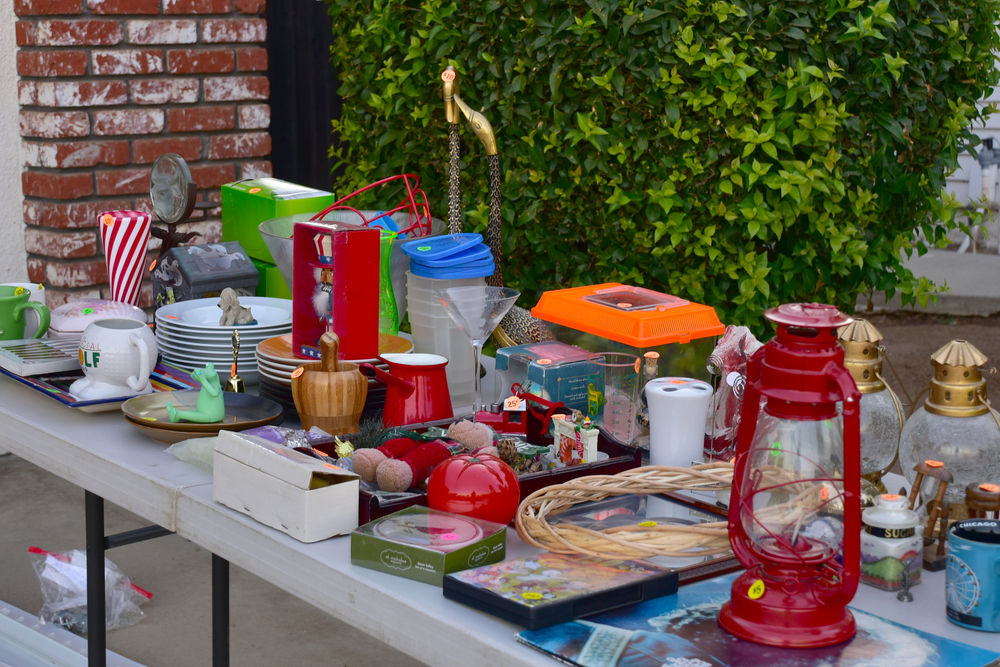
















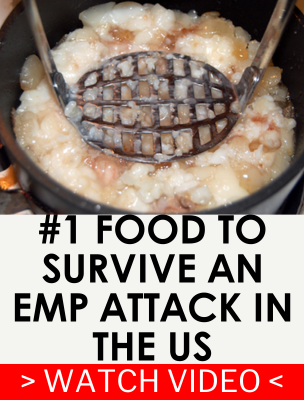























I’m a big fan of disposable (and I mean one time use) food safety gloves. They’re cheap to buy and in a survival situation with perhaps limited cleanliness, the last thing you want is a food borne illness.
I would not buy latex disposable gloves for medical care due to people having latex allergies. Nitrile gloves are what are used in the EMS field and in hospitals. Also, there are no such thing as fireproof gloves. I work as a firefighter. I can assure you that our firefighting gloves can burn. Aside from that, it was a good article.
I keep a selection of gloves in my car, in the kitchen, and in my BOB. Back when I had a house and cottage I had more types of gloves stored in more places, for quick access. A lot of things I used to do bare handed I now wear nitrite gloves, like handle raw meat, chicken, turkey, and fish. Also for pet care, especially cleaning up “little piles” or used pee-pads. Also for anything where I have contact with soil, as it is easy to catch infections thru tiny wounds from soil that has not been very recently sterilized.
S-O-O Many Variables here . . . But this is a Good place to start.
Thank you! Great article and information.
When I first saw the title I opened it thinking, ‘Let’s see how I score on a scale of 1-11?’ Well, I scored myself at a five (5) and I thought I might be a Nine (9) or a ten (10)…. I have a lot of room for improvement!
I have a HUGE stockpile of various types of gloves, stored EVERY WHERE, at least seven (7) different types, and six (6) different sizes, including youth for our grandchildren but, there are at least three (3) types of gloves on this list I have not even heard of!
I read the comment about fireproof gloves and I do agree but, still good info. We bought several, elbow length, welding gloves to check that box.
I will do my shopping research for best quality and sizes and buy the ones I think we will use.
Thank you again. Great information!
In this article you will get to know about the 8 types of gloves for true preppers have. This blog happens to be one of the best blog, which give proper details about it. I enjoyed reading this blog and would suggest others too, and you would get to read about it in this link.